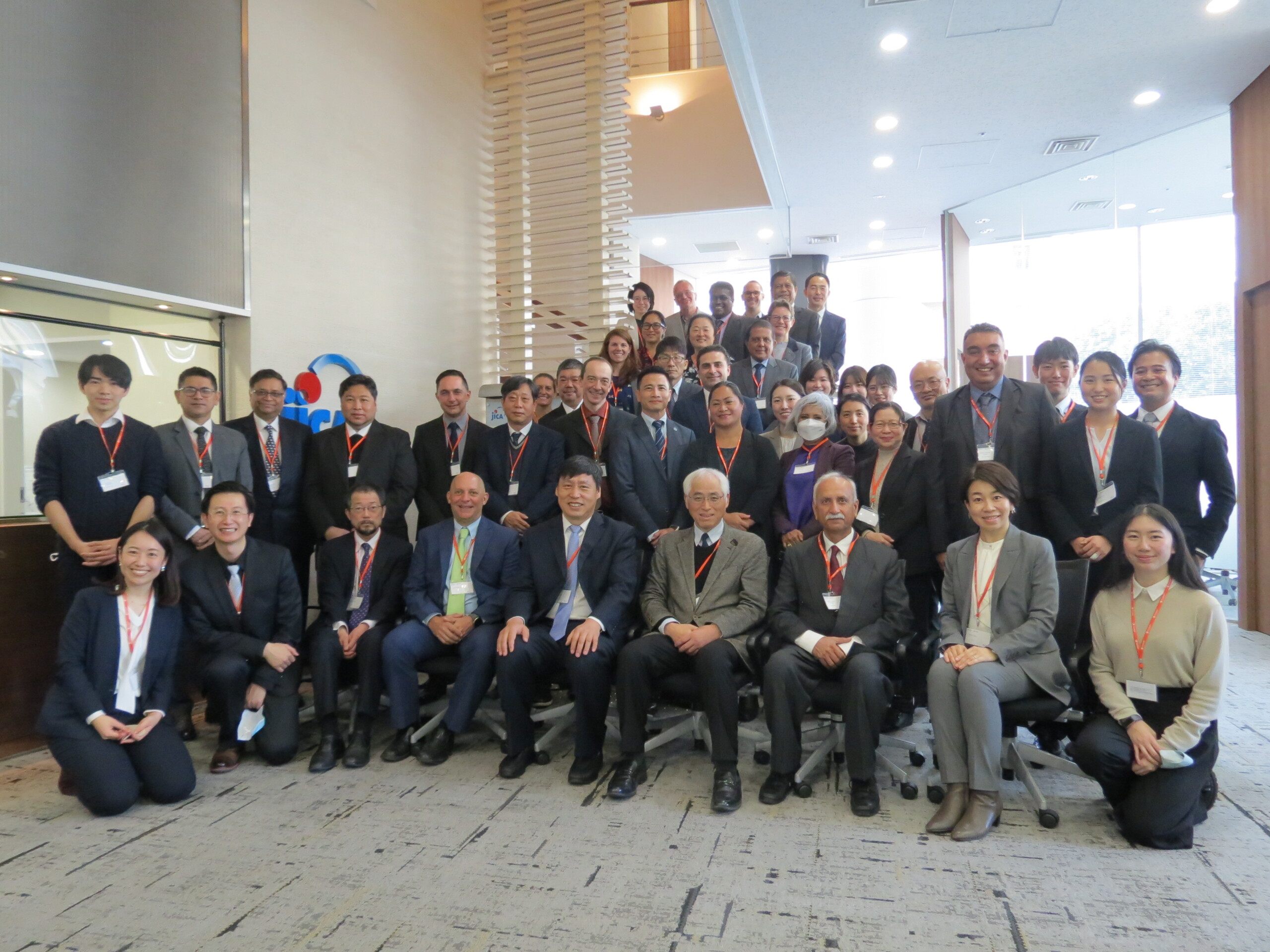
Vector-borne diseases (VBDs) are the cause of great disease burdens in animals and humans. Reports of the World Health Organisation (WHO) (2020) state more than 700.000 deaths annually due to VBDs with an increasing trend.
Climate change has led to changes in the geographical distribution of vectors such as mosquitos and ticks with the diseases that they transmit following suit. In animals, outbreaks such as Japanese encephalitis (JE), the incursion of African horse sickness (AHS) and the expansion of Crimean Congo hemorrhagic fever (CCHF) give evidence that no region is safe from expanding and increasing frequency of endemic or emerging VBDs.
Amongst the multitude of VBDs, Chapter 1.3. of the Terrestrial Animal Health Code lists at least 15 VBDs out of which eight occur currently in the Asia and Pacific region. Out of those, four are zoonotic diseases, namely CCHF, Leishmaniosis, West Nile fever (WNF) and Japanese encephalitis, which have a high impact on public health.
Veterinary Services in the region need to be prepared to tackle the challenges that climate change and other conducive factors that promote the spread of VBDs pose to their capacity to prevent and control them. Furthermore, they need to engage with the public health sector using the One Health approach to address the threat of zoonotic diseases. For this, relationships between the environment, the vector, the host species and the pathogens must be well understood.
Regional coordination and cooperation are required to increase capacity, establish early warning systems, and develop joint efforts to prevent and control these diseases.
To support regional and national efforts, the WOAH Regional Representation for Asia and the Pacific (RRAP) organised the Regional Workshop on Vector-borne Disease in Asia and the Pacific Region in 2018 in Incheon, Republic of Korea.
The main recommendations from this workshop included:
In line with these recommendations, WOAH RRAP and WOAH Sub-regional Representation for South East Asia have conducted a series of webinars on VBDs, such as Lumpy Skin Disease, and African Horse sickness and Japanese encephalitis and West Nile fever.
The 2018 Workshop recommended to RRAP to organise a follow-up workshop on vector-borne diseases to further share information and develop networks. This follow-up workshop will be organised by WOAH on 19-20 September, back to back with the Regional Workshop on Laboratory Expertise for Equine Diseases, in Tokyo, Japan.
This follow-up workshop will put the main focus on the VBDs affecting animals and humans, currently present in the region, as well as those that have possibility to affect the region in the future. It will recall the epidemiology of the diseases, the distribution and behaviour of the vector and the prevention and control options. It will also offer examples of challenges experienced in Europe when VBDs unexpectedly emerged or re-emerged and the lessons learnt when dealing with them.
Date: 19-20 September 2024
Location: University of Tokyo, Tokyo, Japan
Participation: By invitation

